Ghanaian Icons: Theodosia Salome Okoh, Azumah Nelson, and Osagyefo Dr. Kwame Nkrumah
Date of Birth: June 13, 1922
Place of Birth: Wenchi, Gold Coast (now Ghana)
Date of Death: April 19, 2015
Biography:
Theodosia Salome Okoh was a prominent Ghanaian figure known for her contributions as a patriot, artist, and designer. Born on June 13, 1922, in Wenchi, Gold Coast (now Ghana), she played a significant role in the early years of Ghana’s independence.
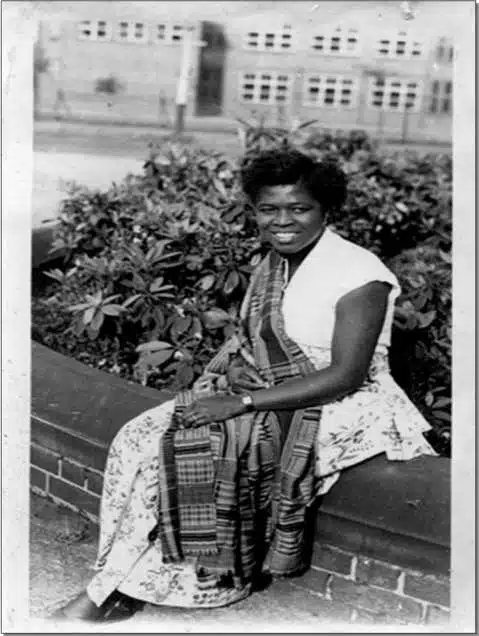
Achievements and Contributions:
- Ghana’s National Flag: Theodosia Okoh is best known for designing Ghana’s national flag. She created the flag in 1957 when Ghana gained independence from British colonial rule. The flag features three horizontal stripes of equal size—red at the top, yellow in the middle, and green at the bottom. In the center of the yellow stripe is a black five-pointed star. Each color and the star holds symbolic significance representing the nation’s history, resources, and aspirations.
- Sports Administration: Apart from her contribution to national symbolism, Okoh was actively involved in sports administration. She served as the Chairperson of the Ghana Hockey Association for many years and contributed to the development of hockey in the country. Her efforts earned her recognition and respect in the sporting community.
- Art and Education: Theodosia Okoh was an accomplished artist and had a deep passion for art education. She was involved in promoting the arts and encouraging young artists. Her dedication to the arts extended to her involvement in the Ghana Arts Council.
- Public Service: Beyond her specific contributions, Okoh was engaged in various forms of public service. Her commitment to national development and unity made her a respected figure in Ghanaian society.
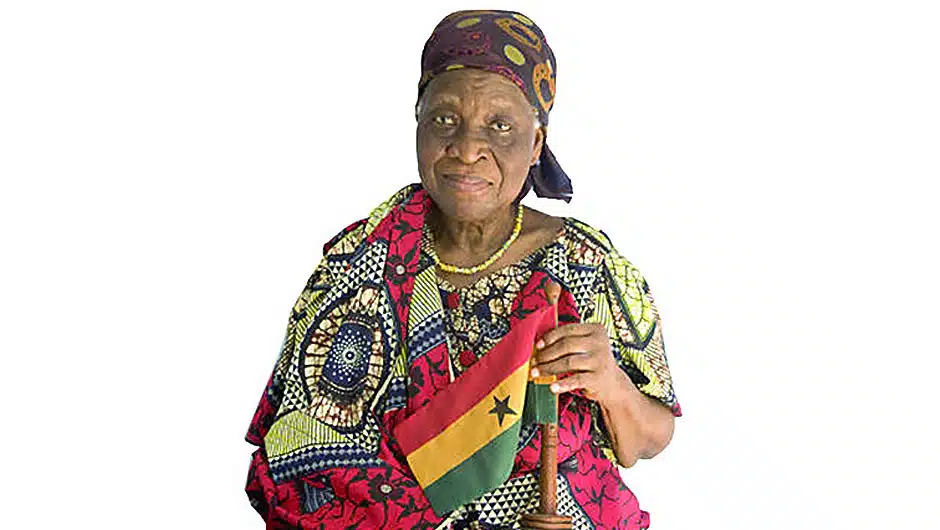
Legacy:
Theodosia Salome Okoh’s legacy is enduring, particularly through the design of Ghana’s national flag, which remains a symbol of the country’s identity and sovereignty. Her contributions to sports administration and the arts further solidify her impact on Ghanaian society. Her life reflects a commitment to patriotism, creativity, and service to the nation.
Theodosia Okoh passed away on April 19, 2015, leaving behind a legacy that continues to inspire and symbolize the spirit of Ghana.
Azumah Nelson: A Boxing Legend from Ghana
Date of Birth: July 19, 1958
Place of Birth: Accra, Ghana
Biography:
Azumah Nelson, born on July 19, 1958, is a retired Ghanaian professional boxer and one of Africa’s most celebrated boxers. He is particularly renowned for his accomplishments in the featherweight and super featherweight divisions.
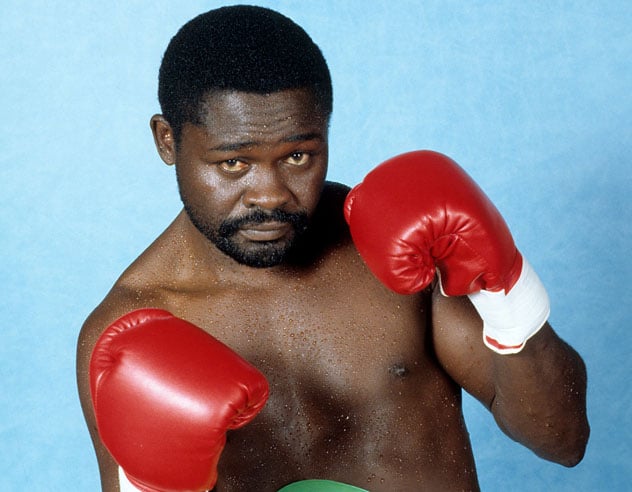
Career Highlights:
- Early Years: Azumah Nelson’s interest in boxing began at a young age, and he took up the sport seriously in the 1970s.
- Olympic Success: He gained international recognition when he represented Ghana in the featherweight division at the 1978 Commonwealth Games in Edmonton, Canada, and won a silver medal.
- Professional Debut: Azumah turned professional in 1979, and within a short period, he became a dominant force in the boxing world.
- WBC Featherweight Title: In 1984, he achieved a significant milestone by defeating Wilfredo Gómez to win the WBC featherweight title. This victory made him the first African to win a world title in the 20th century.
- Super Featherweight Success: Azumah moved up to the super featherweight division and won the WBC title in that category in 1988, solidifying his status as one of the best boxers in the world.
- Rivalry with Jeff Fenech: Azumah Nelson engaged in a memorable trilogy of fights with Australian boxer Jeff Fenech. The bouts took place in 1991 and 1992, with Nelson winning two out of the three fights.
- Retirement: Azumah Nelson officially retired from professional boxing in 1998 after an illustrious career.
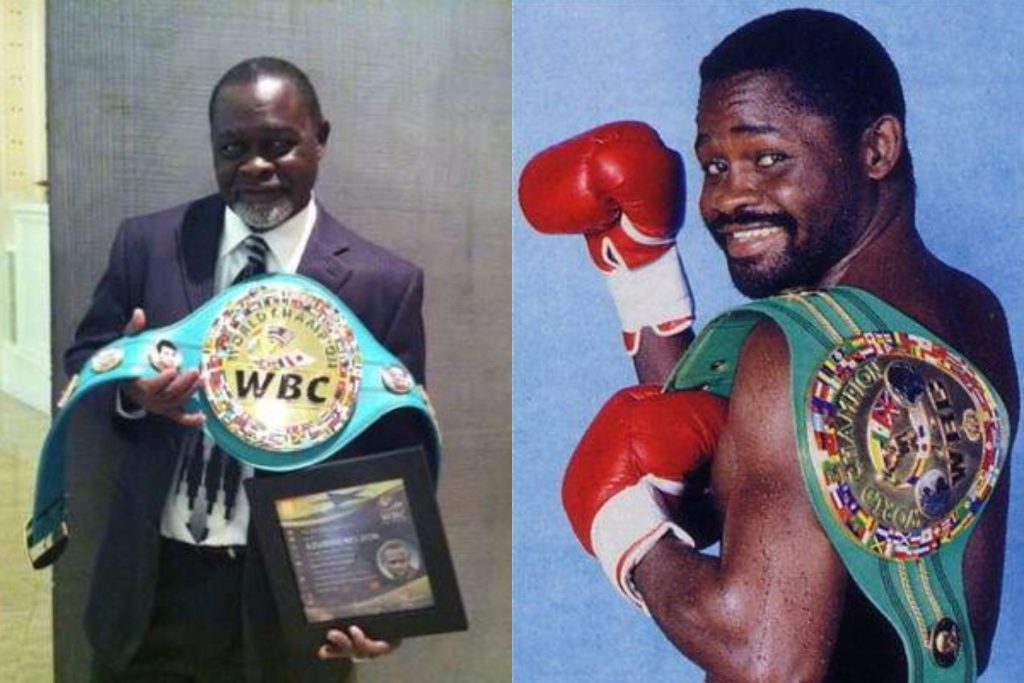
Legacy:
- Azumah Nelson is considered one of the greatest African boxers of all time and a national hero in Ghana.
- He was inducted into the International Boxing Hall of Fame in 2004, recognizing his outstanding contributions to the sport.
- Beyond his achievements in the ring, Azumah Nelson has been involved in training and mentoring young boxers, contributing to the development of boxing in Ghana.
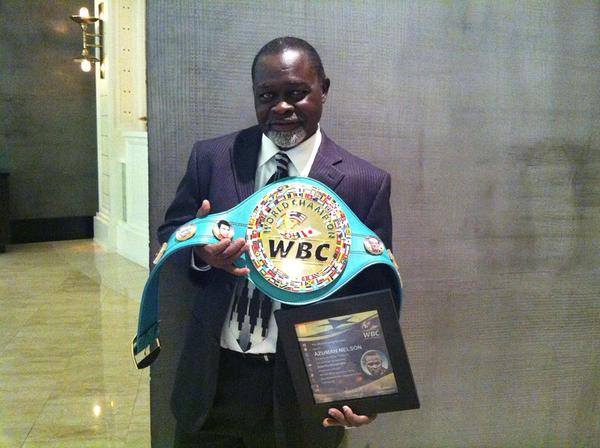
Azumah Nelson’s impact on the world of boxing, his resilience, and his dedication to the sport have left an enduring legacy in Ghana and beyond.
Osagyefo Dr. Kwame Nkrumah: Architect of Ghana’s Independence
Date of Birth: September 21, 1909
Place of Birth: Nkroful, Western Region
Family:
- Father: Kofi Ngonloma of the Asona Clan
- Mother: Elizabeth Nyanibah of the Anona Clan
- Wife: Helena Ritz Fathia
Early Life:
- Childhood Mentor: Dr. Kwegyir Aggrey (Assistant Vice Principal and the first African member of staff at the then Prince of Wales’ College at Achimota)
- Nkrumah’s birth name was Francis Nwia-Kofi, later changed to Kwame Nkrumah in 1945 in the UK.
Education & Career:
- Attended Elementary School at Half Assini, where his father worked as a goldsmith.
- Influenced by German Roman Catholic priest George Fischer during elementary education.
- 1930: Obtained Teacher’s Certificate from the Prince of Wales’ College at Achimota.
- 1931: Started teaching at Roman Catholic School, Elmina, and later became Head teacher at Roman Catholic junior School Axim.
- 1935: Enrolled at Lincoln University, Pennsylvania, USA.
- 1939: Earned a BA (Lincoln University), USA.
- 1942: Earned a BA (Theology), Lincoln University, USA.
- 1943: M.Sc. Education, MA Philosophy, and completed coursework for a Ph.D. at the University of Pennsylvania.
- 1939-1945: Combined studies with part-time lectureship in Negro History.
- 1945: Arrived in London, became involved in Pan-African activities.
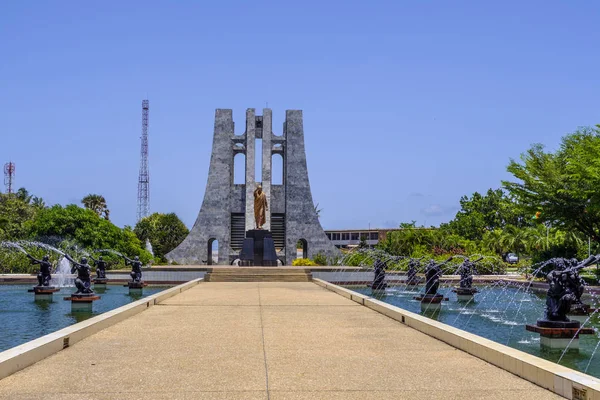
Political Journey:
- 1947: Wrote “Towards Colonial Freedom,” his first book.
- 1947 (December): Returned to Gold Coast, became General Secretary of United Gold Coast Convention (UGCC).
- 1948: Detained with UGCC Executive Members (the “Big Six”) after disturbances.
- 1948 (September): Established the “Accra Evening News.”
- 1949 (June): Formed Convention Peoples Party (CPP) with the Committee on Youth Organization (CYO).
- 1949 (December): Declared Positive Action to demand Independence.
- 1950 (January): Arrested, won an election while in prison, released to form a new Government.
- 1956: Won elections leading to independence.
- 1957 (March 6): Declared Ghana’s Independence.
- 1958 (April): Convened a Conference of existing independent African States, took steps towards African Unification.
- 1958: Married Helena Ritz Fathia, relative of President Gamal Abdel Nasser of Egypt.
- 1960: Declared Ghana a Republic.
- 1961: Extended the Ghana-Guinea union to include Mali.
- 1962 (August): Survived an assassination attempt at Kulungugu.
- 1963 (May): Organized a conference of 32 independent African States, leading to the formation of the Organization of African Unity (OAU).
- 1964: Established Ghana as a One Party State, declared himself Life President.
- 1965: Published “Neocolonialism,” leading to the withdrawal of U.S. economic aid.
- 1966 (February 24): Overthrown in a Military Coup d’etat.
- 1972 (April 27): Died of natural causes in Romania.
- 1972 (July 7): Buried in Ghana.
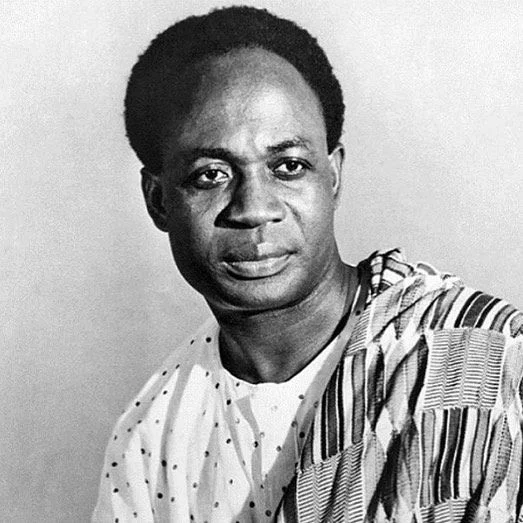
Osagyefo Dr. Kwame Nkrumah, a prolific author and a leading authority on political theory and Pan-Africanism, dedicated his life to the unity and independence of Africa. Despite challenges, his legacy endures, influencing political thought and the quest for a united and prosperous Africa.
